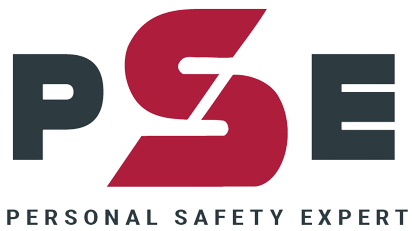Each year, upwards of 1.5 million students go on spring break, a peak travel season that poses many risks for college-aged men and women. The truth is that the spring break environment – however fun – can lead to negative consequences such as sexual assault, alcohol poisoning, serious injuries and more. This frightening reality is why SABRE is distributing its top 10 tips to reduce safety and health risks this vacation season. While a safety mindset should be applied to every part of your vacation (alcohol-related or not), we know that binge drinking plays a significant role in spring break safety risks. In fact, 91% of parents think spring break marketing and drink promotions should be stopped – but free or cheap alcohol access was an important factor in deciding to go on a spring break trip for two in five women*.
Here are 10 tips to help drinkers and non-drinkers alike stay safe on spring break:
1. Arrive safely.
Driving through the night to make it down to Florida or other sunny destinations is common for spring breakers. But the National Safety Council says traffic death rates are three times greater at night than during the day. If you can’t avoid night driving, have at least one person stay awake to talk to driver.
2. Don’t take chances at your hotel.
Lock the doors, and secure important belongings like passports and wallets in the safe. SABRE’s doors stop alarm is portable and can alert you if someone tries to break-in. Make sure it’s in your suitcase this spring break.
3. Be smart about who you give personal information out to;
Don’t tell new acquaintances your hotel or room number. You never know who has innocent or dangerous intentions.
4. Know the name and address of your hotel.
Make sure you know the name and address of your hotel or take a hotel business card out with you so you can give it to a cab driver. This is especially important if you don’t speak the local language.
5. The buddy system – it works!
We do NOT recommend you leave a party with a stranger; it’s always best to take a friend with you. If for whatever reason you do leave without your friends, give them details about where you’re going and when to expect you back.
6. Practice safe drinking
Take turns so that one friend in the group per night will plan on minimal drinking to look out for everyone. Other good habits: watching your cup or glass, and only accept drinks that you’ve watched get made or poured in front of you.
7. If you need help, ask for it.
If there’s an emergency don’t rely on a bystander to call for help. Call for help yourself to be sure first responders or police gets the message.
8. Hydrate & wear sunscreen.
Heat stroke and melanoma aren’t happy spring break thoughts, but too much time in the sun can leave you dehydrated with an increased risk of sunburns. Take your SPF and a bottle of water to the beach.
9. If traveling outside of the country, be sure to look up the address or contact information for the American consulate or U.S. Embassy in the country where you’re headed.
Be sure to tell friends and relatives in the U.S. of your travel itinerary and try to check in with them often.
10. Carry a small, practical, and easy to use personal protection tool like pepper spray or a personal alarm.
SABRE Red pepper spray and SABRE personal alarms are legal to carry in all 50 states.

